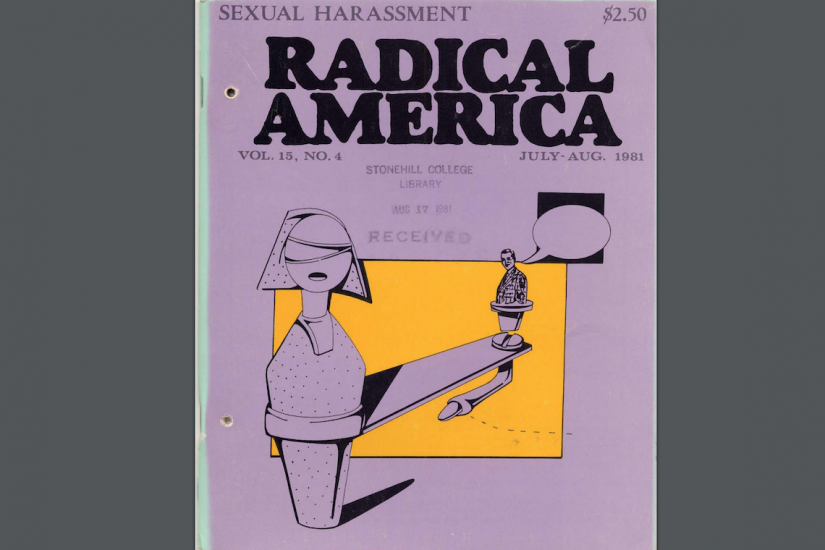Amid the present flood of accusations of sexual harassment and abuse, there’s been a strange scarcity of broader social critique. We are accumulating copious evidence of wrongdoing, without looking deeper for a diagnosis. “Boy, all men really are pigs!” isn’t close to radical enough, because the sentiment invites criticisms like the one Masha Gessen recently made: that we’re on the brink of a “sex panic,” an epidemic of puritanism that will take down innocent men out of sheer inertia. A focus on these individual incidents of harassment, and not the structure that spawns them, is a weak strategy for change. Such an approach makes it much easier for naysayers and supporters alike to combat claims of harassment one by one, by casting aspersions on accusers, or condemning individual men for their actions.
This moment is not about sex, and the problem is anything but personal. As feminists have been saying for years, sexual harassment and abuse are about power—specifically, the enormous power men still wield over women. That’s why women (and men) are naming male offenders of all political stripes, religious and atheist, rich and poor, famous and obscure. “Sexual harassment” is not an illness in and of itself; it’s a symptom of patriarchy’s persistence.
We need to be unafraid to tie sexual harassment to other forms of violence against women—to see the connections between harassment and the pay gap, the lack of good child care, and the persistence of the second shift. We need to recognize how sexual harassment and racial injustice exist in symbiosis, and to think about how workers’ tenuous position at this particular moment in the history of capitalism has enabled sexual harassment to thrive. What we need right now to go along with our ’70s-style radical rage (as Rebecca Traister recently dubbed it) is some ’70s-style feminist social analysis.
